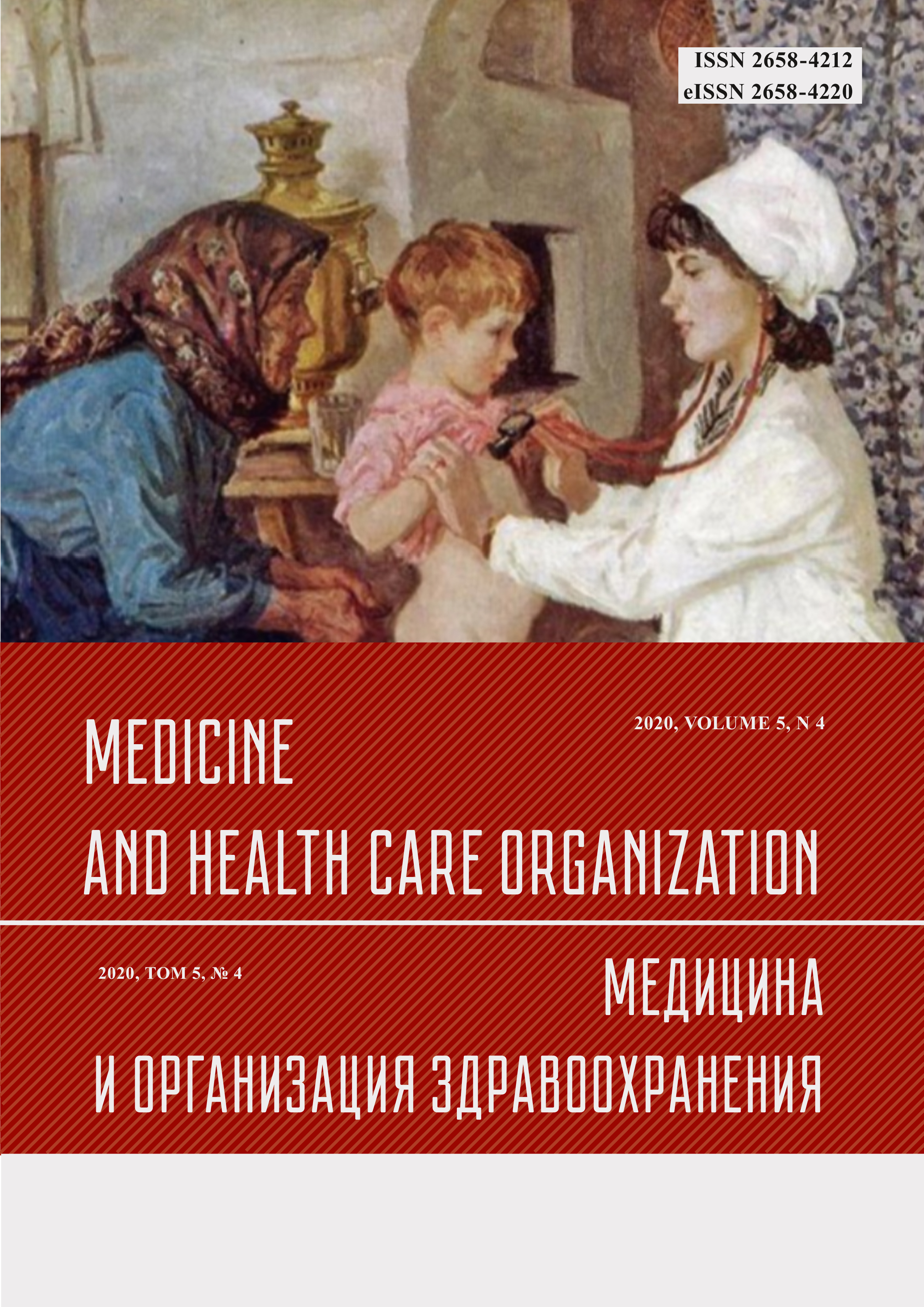HEALTH STATUS OF THE RUSSIAN PROVINCE DURING THE POST-REFORM PERIOD (ON THE EXAMPLE OF «LETTERS FROM THE VILLAGE» BY A.N. ENGELHARDT)
Abstract
The article examines the state of hygiene and sanitation in the space of the traditional way of life of the Russian peasantry, presented in the notes of the outstanding chemist, publicist and public figure of the second half of the XIX century A.N. Engelhardt «Twelve letters from the village» (1872-1887). Memoir literature is of particular interest to specialists in the field of medical history, since eyewitness accounts are always free from opportunistic influences of the subsequent political structure of society. Using as an example the village of Batoshevo Dorogobuzhskaya district of Smolensk province - a typical poseleniye in the Central European part of Russia - A.N. Engelhardt draws a true picture of all sides of life of an ordinary Russian village, including lifestyle, health status and psychology of the Russian peasantry. A detailed description of the quality of medical care allows an open minded assessment of the enormous evolutionary path that Zemstvo medicine has taken in the Russian hinterland in just half a century of its existence. The level of medical and sanitary knowledge, financial and territorial availability of medical care, and environmental awareness of the population at the beginning of the activities of the Zemstvo institutions were extremely insufficient. A.N. Engelhardt analyzes the main causes of high morbidity and mortality of farmers - first of all, hunger, grueling labor and low household hygiene, including hygiene of housing and food. As an example, the author cites the tragic but typical story of a peasant girl who fell ill, Aksyuta. Rural residents rarely resorted to medical help, preferring self treatment or the help of healers. To create an atmosphere of trust on the part of the population, A.N. Engelhardt believes that special personal qualities of a medical worker are necessary - humanity, enlightenment, knowledge of village life, readiness for hard work, and consent to a reasonable fee. Thus, the journalistic work of A.N. Engelhardt is a fine illustrative material on the issue of the hygienic habits of the Russian peasantry, the availability and nature of medical care in rural areas at the end of the XIX century.



